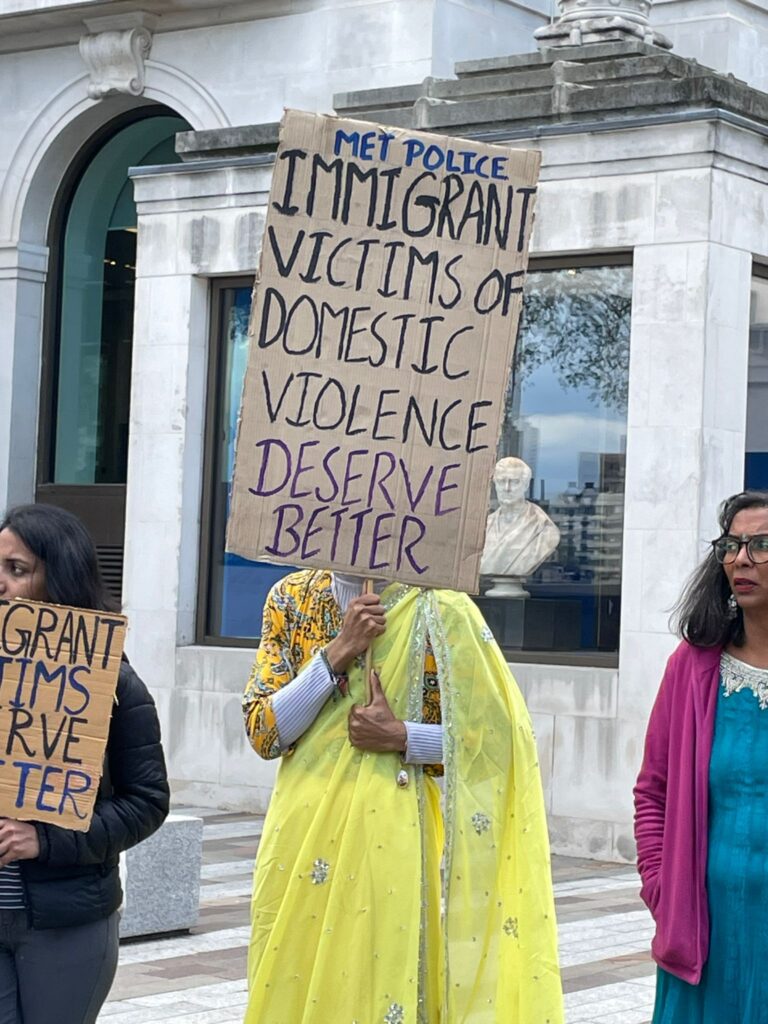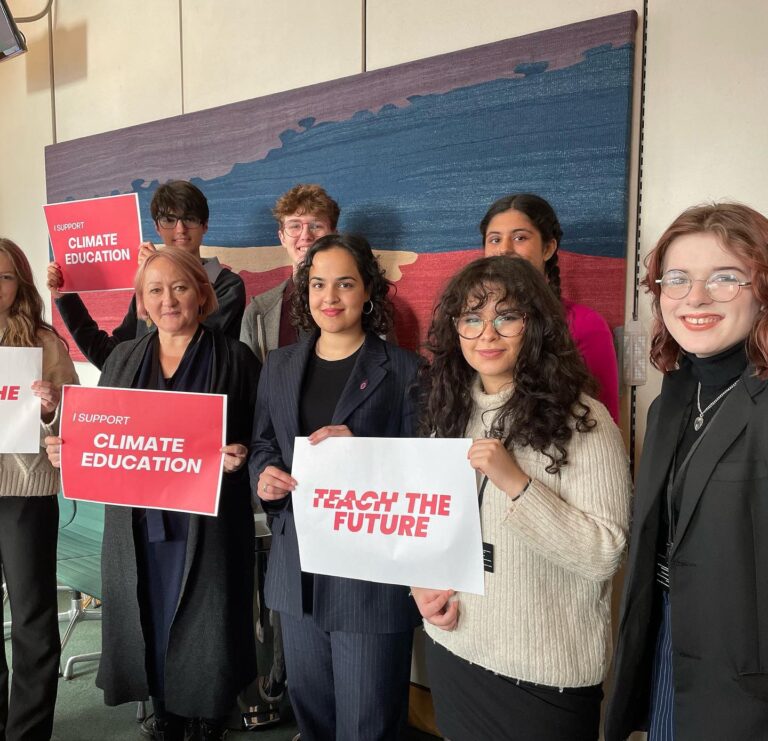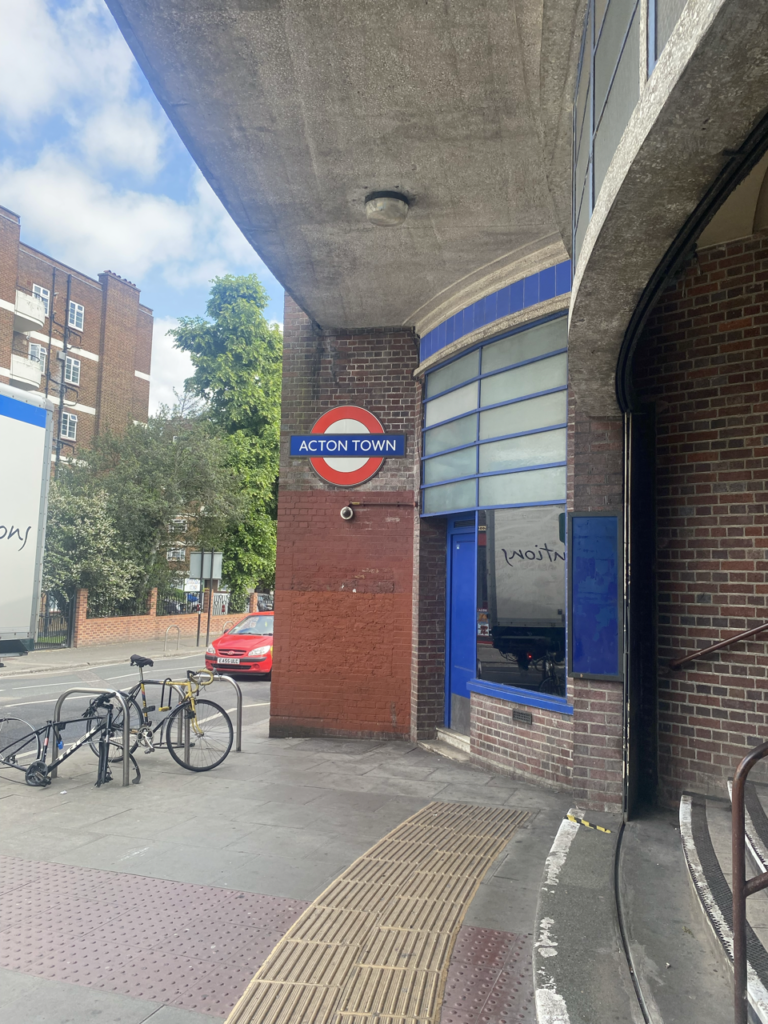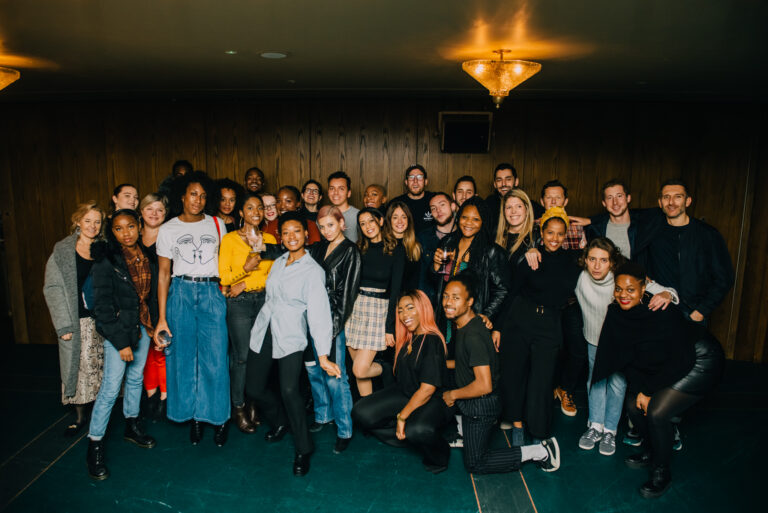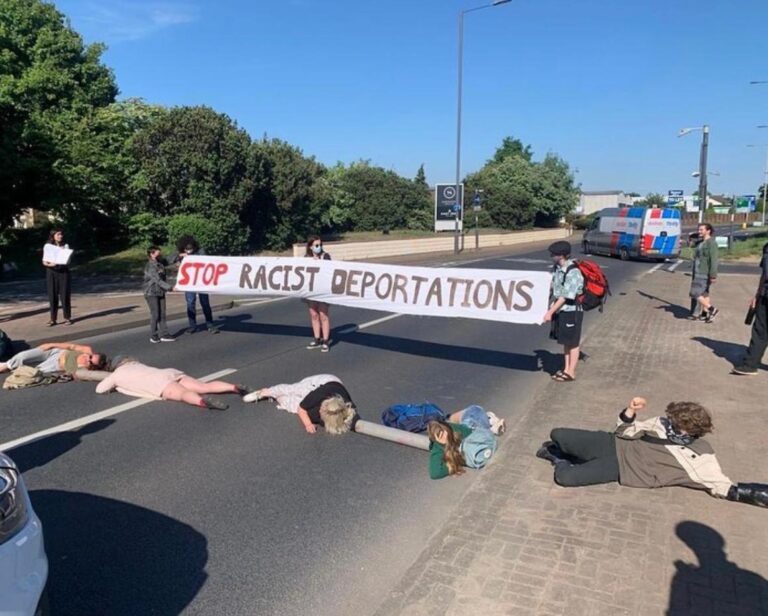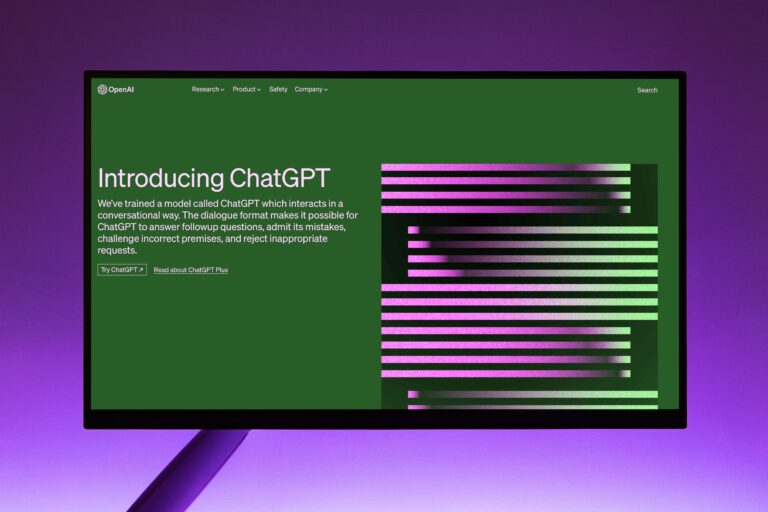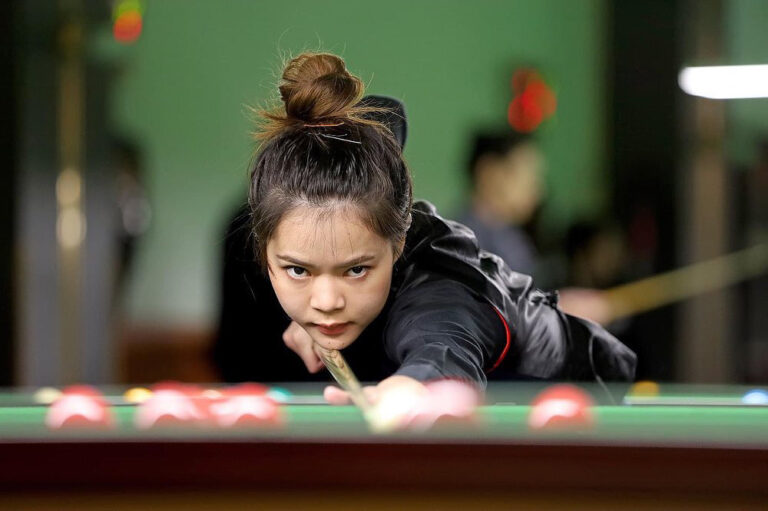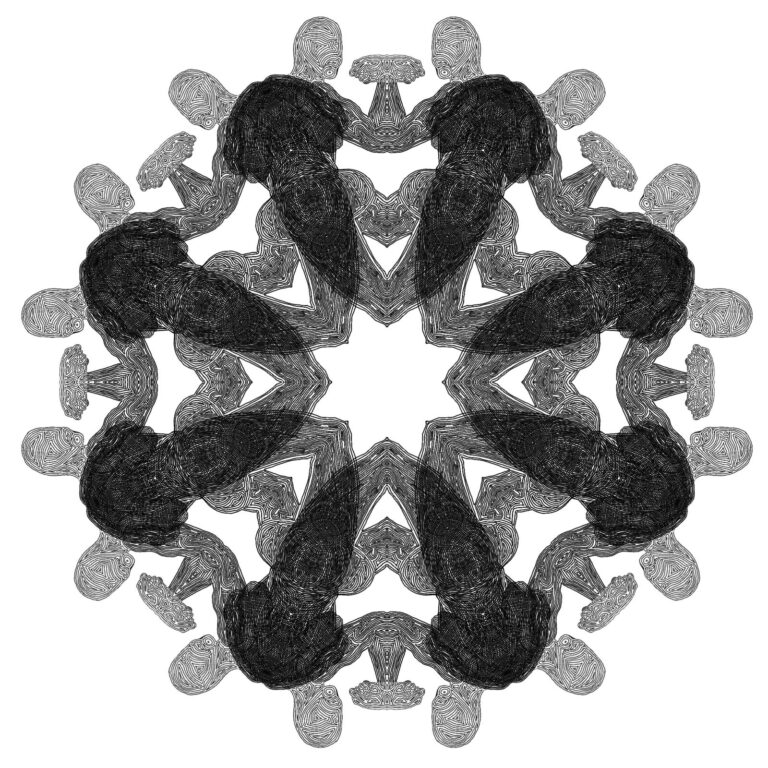Photo Credits : Mary O’Gara foundation
Mary O’Gara died by suicide in 2020 at just 27 years old. She had, according to her family, suffered with her mental health for years, and was one of thousands of young people across the UK suffering from mental illness. Her parents, Sharon and Paul O’Gara decided that something had to be done to help young people, so nobody would have to go through what they went through losing their daughter.
“It was such a shock to us when we lost Mary,” said Paul. “We just thought, ‘I wouldn’t wish this on my worst enemy’. I wouldn’t want to see any other families going through this type of stuff.”
They decided to create the Mary O’Gara Foundation in 2020, with the aim of providing suicide prevention training to teachers in schools and helping to dispel the stigma surrounding mental health and suicide. The training provides tools to help identify someone who is struggling and promotes conversations surrounding mental health and the issue of suicide.
The O’Garas understand that now, more than ever, extra resources are needed to help young people suffering with their mental health, even at school age.
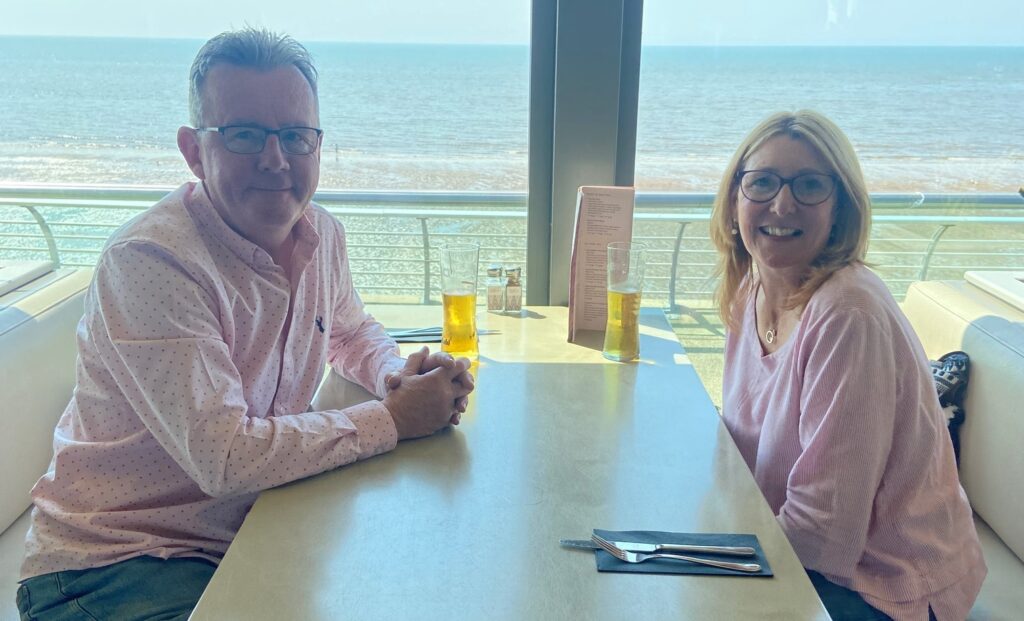
“Mary’s problems started when she was in secondary school and sort of emanated from there. So, the first thing we do is to provide third party suicide prevention training for schoolteachers in secondary schools,” Paul explained.
Three years on from Mary’s death,mental health training seems more essential than ever before. With teachers striking over pay and unmanageable workloads, the O’Garas understand just how difficult it is to incorporate mental health discussions and training into teachers’ already filled schedules.
“From the conversations we’ve had with the local schools, they are under the cosh,” said Sharon. “They are expected to do more and more and more, and they don’t have the time to take the three hours out to do the training.”
The O’Garas work has changed – and has had to. It is now turning its focus to helping young people spark the necessary conversations surrounding mental health and to break stigmas.
Sharon O’Gara believes it is about having the confidence to step in and ask someone how they are feeling rather than turning a blind eye and hoping everything is alright.
“You’re giving the person who is feeling suicidal permission to speak to you about their problems rather than them feeling as Mary did – that I’m just another burden to everybody,” she said.
Also Read: Boxing Champs Fight Against Knife Crime
Their aim is to work within their local community in Preston, Lancashire, to encourage more independent conversations.
“We want to be encouraging young people to go and, you know, have that conversation with a friend or just turn to their mum or dad, or even to somebody walking down the street,” they said.
Sharon and Paul are not the only parents pushing for more to be done to help young people. Steve Phillip started The Jordan Legacy after his son Jordan took his life in December 2019.
The Jordan Legacy is working on a project called ‘Zero Suicide Society’.
“We will never prevent all suicides. But we know the research says that most suicides are preventable, if there are only interventions in place,” Steve said. “So we use zero in our term by saying it’s a state where everyone is willing and has the ability to prevent all preventable suicides. So, it’s kind of leaving the door open a little bit there.”
The Mary O’Gara Foundation and The Jordan Legacy are just two of the many mental health charities which are having to adapt their work due to strains on teachers’ workloads.
But their aims remain the same – to help change the future for young people suffering from their mental health and to bring awareness to Mary and Jordan’s stories.


